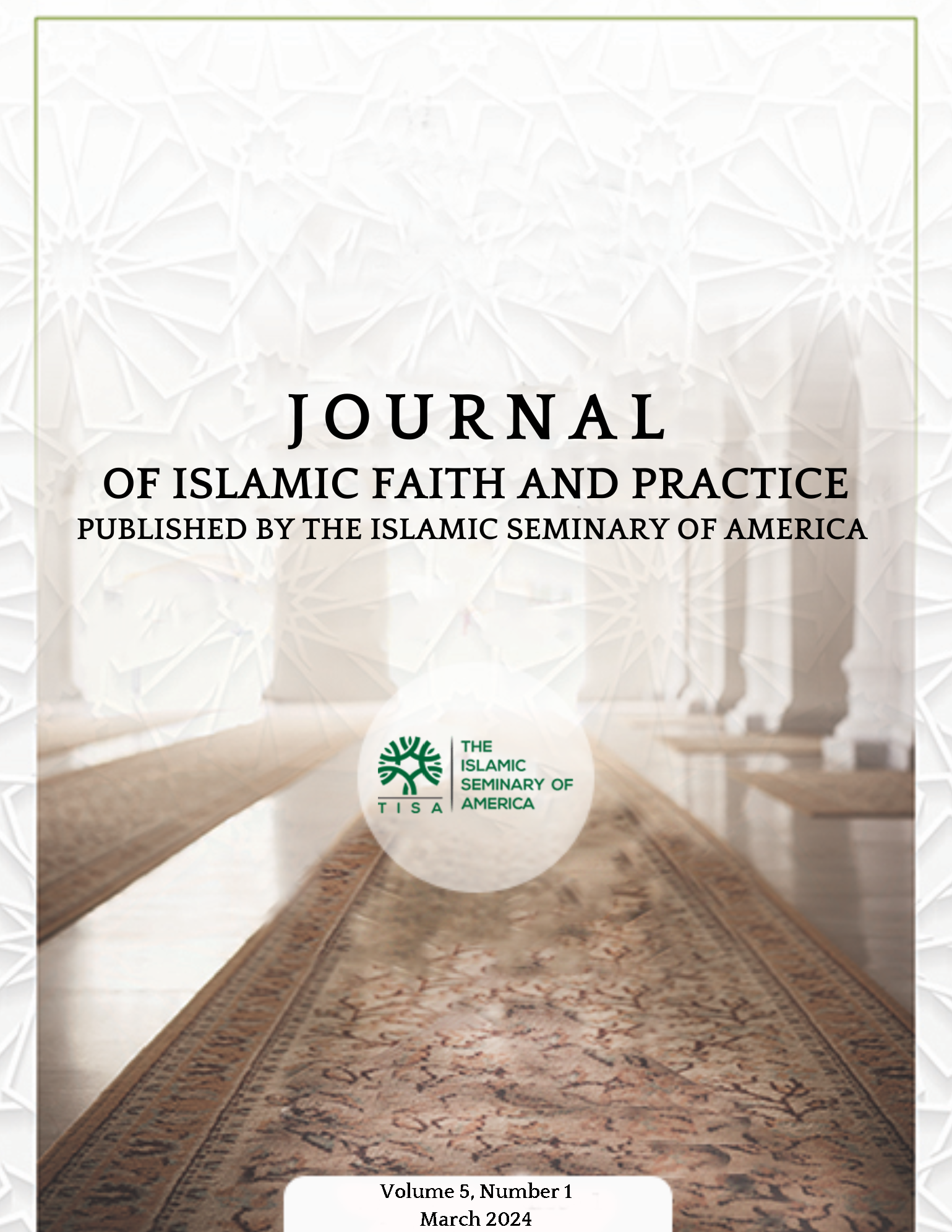Finding Center in the Heart (of the Pandemic): Practical Tools from the Islamic Tradition for Building Resilient Families in Times of Disruption and Trauma
DOI:
https://doi.org/10.18060/28095Keywords:
Islamic Psychology, resilience, coping mechanisms, mental health, spiritual growth, family dynamicsAbstract
When the COVID-19 pandemic drastically altered how people lived their lives, many called it a “wake up call.” Within the global Muslim community, many shared the sentiment that the coinciding of the lockdown with Ramadan presented an opportunity for khalwa (spiritual retreat and reflection). Although Muslim religious leaders sought to frame the Islamic tradition’s wisdom in light of the pandemic, much of this remained theoretical and abstract. The pandemic’s extended impact revealed that Muslim families lack guidance on how to employ the resources found in the Qur’ān and Sunnah practically for their own well-being and resilience.
This paper outlines how one Muslim mental health professional and his network of colleagues responded to this crisis by tending to the well-being needs and collective trauma of Muslim families in the U.S. using online webinar platforms to address increased anxiety, family conflict, depression, and existential grief. A detailed framework of an Islamic psychology used as a psycho-educational tool to orient families to indigenous Islamic tools for building resiliency and decreased anxiety is also presented.
From this user-friendly theoretical framework, a daily routine of psychological, physical, and contemplative exercises is mapped out and was amended to comply with the particular resources and restrictions imposed by the pandemic. The tools offered, while grounded in the Islamic tradition, provide contemporary and pragmatic solutions that many Muslims have used to build resiliency and engage with the dīn (Islamic religion) in a transformational, rather than a simply transactional, way during these trying times.

